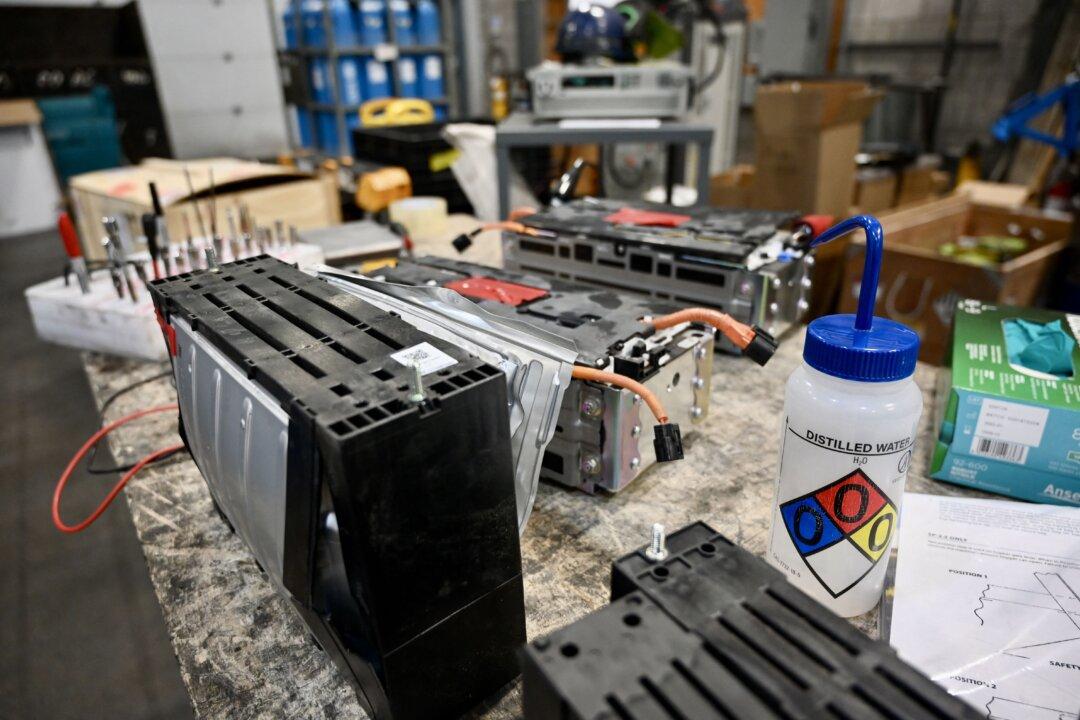A peak industry body has revealed that insurance costs are a significant challenge for battery recycling businesses in Australia.
During an inquiry hearing on the EV (electric vehicle) transition on July 25, Association for the Battery Recycling Industry CEO Katharine Hole said insurance premiums for the sector had soared by 100-200 percent in the past 12 months.





